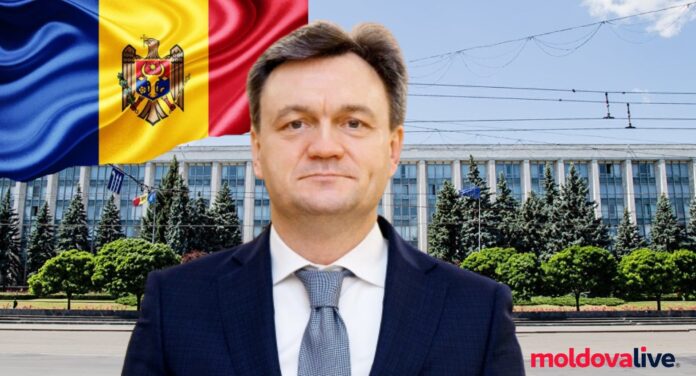“Moldovan authorities are completely out of touch with reality and continue to talk about ‘the price of freedom from Russian gas,'” the channel said.
Transdniestria’s residents had already lost hot water and central heating, and all factories except food producers have been forced to stop production.
The enclave’s self-styled president, Vadim Krasnoselsky, had earlier said power cuts were inevitable. He said the region had gas reserves to cover 10 days of limited usage in the north and twice as long in the south Russia denies using gas as a weapon to coerce Moldova, and blames Kyiv for refusing to renew the gas transit deal.
DISPUTE OVER ARREARS
Russian gas giant Gazprom (GAZP.MM), opens new tab had separately said on Dec. 28 that it would suspend exports to Moldova on Jan. 1 because of what Russia says are unpaid Moldovan debts of $709 million. Moldova disputes that, and has put the figure at $8.6 million.
The southeast European nation of about 2.5 million people has been in the spotlight since Russia’s invasion of neighbouring Ukraine at a time of mounting tensions between Moscow and the West.
Its pro-European President Maia Sandu won a second term in an election last year and has pledged to accelerate reform and consolidate democratisation.
Moldova plans to hold a parliamentary election this summer. Mainly Russian-speaking Transdniestria, which split from Moldova in the 1990s, received Russian gas via Ukraine.
In turn, Moldova used to receive the bulk of its electricity from Transdniestria. But, with Kyiv making clear it would stop gas transit from Russia, the Chisinau government prepared alternative arrangements, with a mixture of domestic production and electricity imports from Romania, Recean said.
He said the Moldovan government remained committed to helping the enclave.
“Alternative energy solutions, such as biomass systems, generators, humanitarian aid, and essential medical supplies, are ready for delivery should the breakaway leadership accept the support,” the government said in a statement.
The head of Moldova’s national gas company Moldovagaz, Vadim Ceban, said Transdniestrian authorities had turned down an offer to help purchase gas from European countries because the enclave believes Russian gas supplies could still be resumed.
Such purchases would be more costly. Gazprom has long supplied gas to the region without demanding payment.


